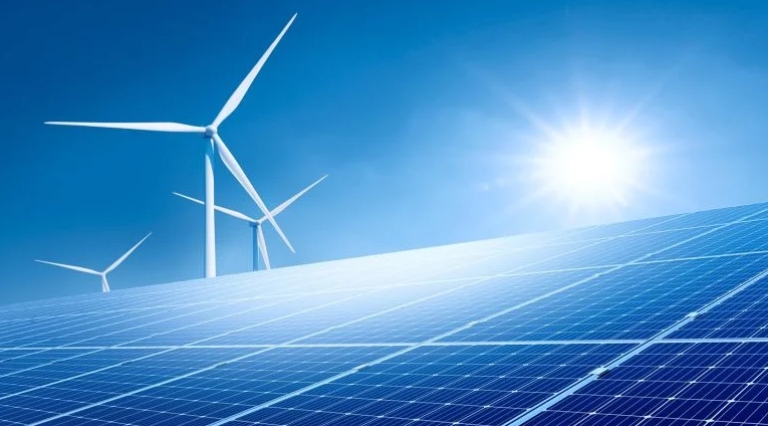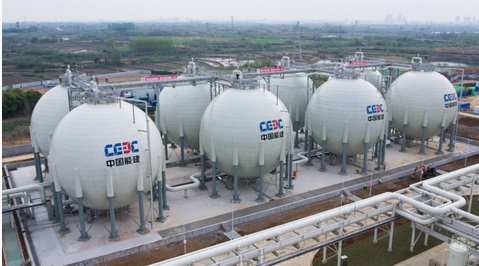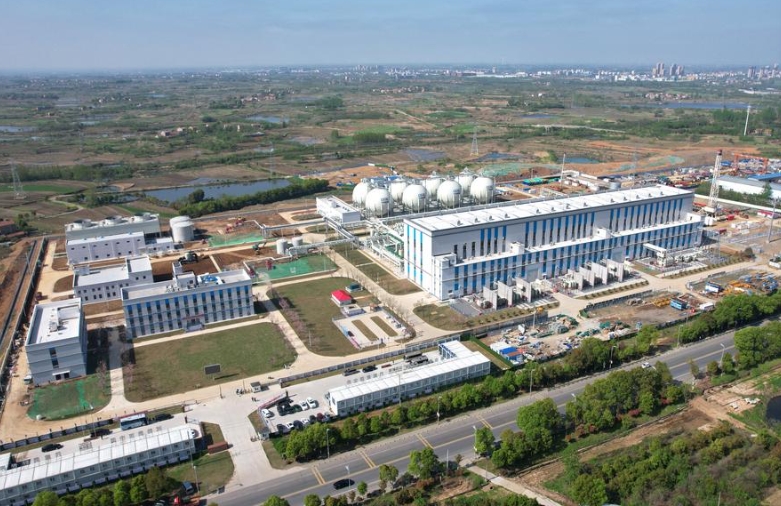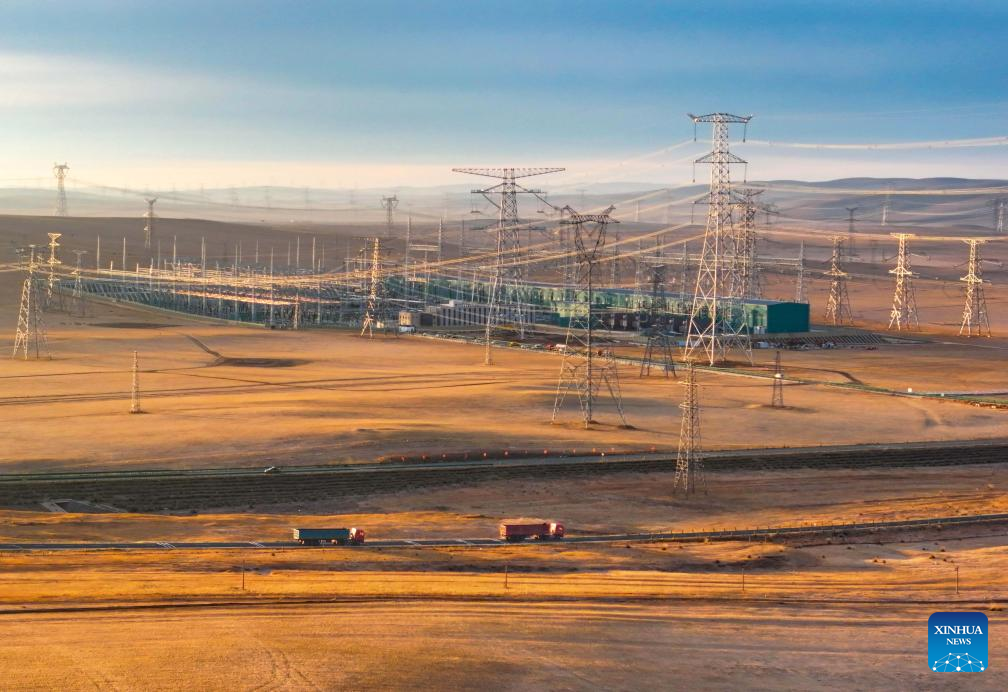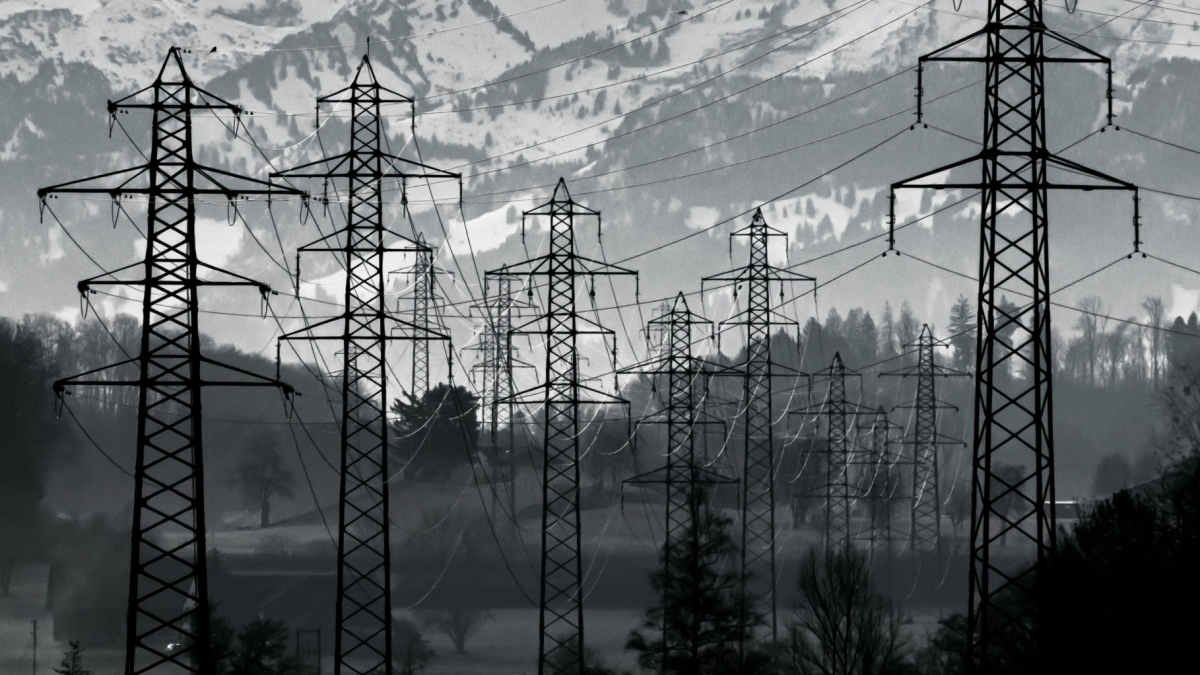Under the theme of Green Hydrogen, Green Recovery, the 2020 UNDP Hydrogen Industry Conference is jointly hosted under the guidance of the United Nations Development Programme (UNDP) and the Ministry of Science and Technology.
“Countries now have an opportunity to either invest in returning to yesterday’s economy, or to invest into tomorrow’s economy, and that means turning the page on the coal age, the oil age, on all fossil fuels,” said Mourad Wahba, UNDP Associate Administrator in a video address.
“A key element of this transition will be to further develop the hydrogen and fuel cell industries – to help decarbonise our economies and to propel a new green prosperous economy.”
Hydrogen energy and fuel cell technology have great potential to help reach carbon-neutrality faster.
As a low-carbon and clean energy carrier, hydrogen can play a significant role for China to meet its carbon neutral target by 2060.
Toward this end, the Chinese government is expected to set out a more detailed road map on renewable energy development in its 14th five-year-plan early next year.
“There is now a window of opportunity. Fuel cell vehicles and hydrogen technology play a growing role in the green path forward,” said Beate Trankmann, UNDP Resident Representative in China.
“The costs of hydrogen production and infrastructure are expected to drop by half by 2030, making it much more competitive.”
“As a result, clean hydrogen is set to meet 24 percent of global energy demand by 2050, powering a quarter of the world’s vehicles and creating potentially 30 million jobs.”
Held in the Nanhai District of Foshan, the conference included thematic forums to conduct in-depth discussions on fuel cell technology, hydrogen energy technology, policy standards, hydrogen safety and hydrogen energy cooperation.
Among them, the China-Japan-Korea Hydrogen Energy Forum aims to build a platform for dialogue and cooperation between China, Japan and South Korea in the field of hydrogen energy, promote the establishment of regional rules and the improvement of standards, promote the international integration of technology and markets.
During the Conference, the 4th China International Hydrogen Energy and Fuel Cell Technology and Products Exhibition (CHFE2020) was also held.
Nearly 300 exhibiting companies demonstrated advanced technologies and achievements in hydrogen energy infrastructure, hydrogen production, storage, transportation, hydrogen utilisation, fuel cells and fuel cell vehicle manufacturing.
This article is reproduced at www.h2-view.com



